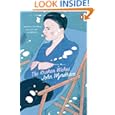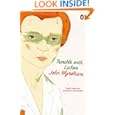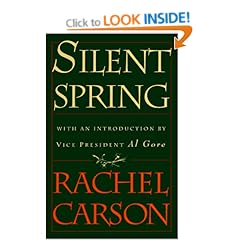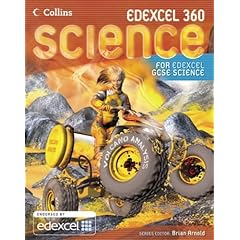David Bradley of Sciencebase tweeted a quiz on science in the news and asked his followers if we know more science than the average American:
Test Your News IQ
It would appear that I do know more science than the average American (and, I suspect, the average Brit) as I got 12/12. Now, you'll have to do the quiz to see the demographic results, but I thought this was interesting:

I apologise for the lack of labelling - the number column on the far right indicates the percentage of female respondees who answered correctly for each question. The number column immediately to the left indicates the percentage of male respondees. On nine of the questions, men scored more highly than women, but on three questions women did better than men:
Test Your News IQ
It would appear that I do know more science than the average American (and, I suspect, the average Brit) as I got 12/12. Now, you'll have to do the quiz to see the demographic results, but I thought this was interesting:
I apologise for the lack of labelling - the number column on the far right indicates the percentage of female respondees who answered correctly for each question. The number column immediately to the left indicates the percentage of male respondees. On nine of the questions, men scored more highly than women, but on three questions women did better than men:
- Which over-the-counter drug do doctors recommend that people take to help prevent heart attacks?
- How are stem cells different from other cells?
- True or false: Antibiotics will kill viruses as well as bacteria.










